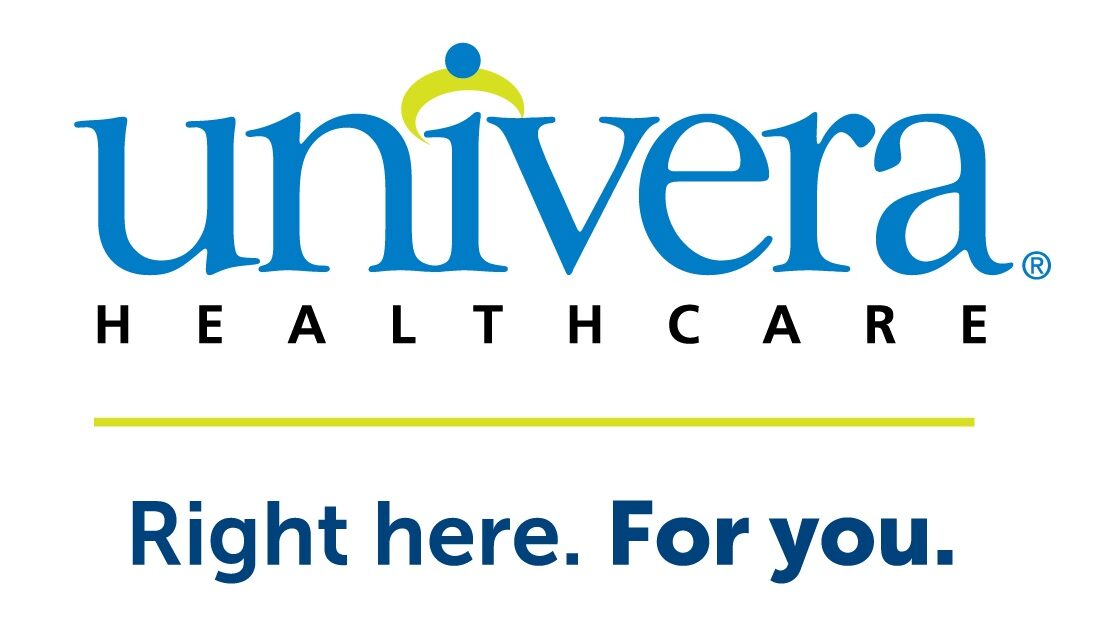Seventy percent of African Americans who need a blood or bone marrow donor won’t find a match.
Each year in the U.S., more than 18,000 people are diagnosed with life-threatening blood cancers or other blood disorders that could be cured or treated with a blood stem cell transplant, according to Be The Match/the National Marrow Donor Program. For many patients, including those with leukemia, lymphoma, sickle cell anemia, and certain metabolic disorders, their only chance of survival may be finding a matching blood stem cell donor as quickly as possible.
November is National Marrow Awareness Month, and Univera Healthcare is highlighting the importance of joining the Blood Stem Cell Donor Registry for bone marrow transplants.
Family members are the most likely candidates to be a donor match but, according to Be The Match, a global bone marrow transplantation support and research nonprofit, a match with a family member is found in only about 30% of cases. Thus, it’s important to have a nationwide donor registry as it increases the pool of potential donor matches beyond blood relatives.
For Black, Indigenous, and People of Color (BIPOC), finding a donor match is especially challenging. For example, the chance of finding a match for African Americans is 30% and, for Hispanic Americans, it’s 50%. For white Americans, meanwhile, the chance of finding a blood stem cell donor match is 80%.*
“We’re encouraging everyone who is eligible to join the movement and help grow the registry,” says Lorna Fitzpatrick, MD, vice president of medical affairs and senior medical director at Univera Healthcare. “A more diverse registry is also crucial since you’re more likely to find a donor match with someone of the same ethnic background.”
 How you can help
How you can help
U.S. (including Puerto Rico) residents who are between the ages of 18 and 40 and who meet the Be The Match medical guidelines are asked to join the registry. There is no cost to enroll.
“I encourage everyone to share this donor registry information with family and friends,” says Dr. Fitzpatrick. “So, the registry can grow.”
For more information on Be The Match, visit https://bethematch.org.












